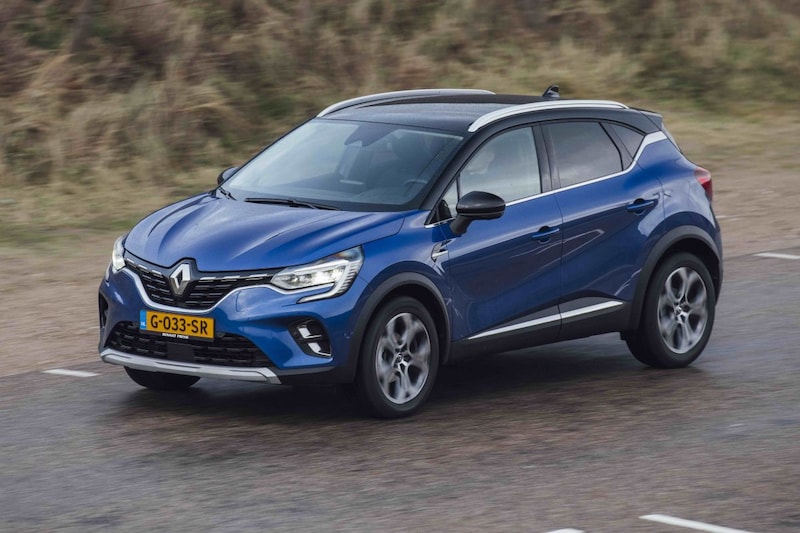With three-cylinder TCe 100 and TCe 130 four-cylinder engine

The Captur has become an indispensable part of the Renault range. The second generation of this compact crossover – or large Clio – also remains popular, although it has more strong competitors than before. A lot has already been said and written about the Captur, but today we focus purely on consumption.
There is a lot to choose from under the hood of this Renault. In this article we focus on the TCe 100, a 1.0-liter three-cylinder with 100 hp and the four-cylinder TCe 130 with 130 hp. If you do your best, you will also find the second engine with 140 or even 155 hp. The hybrid and plug-in hybrid Captur are based on a different power source, a 1.6-liter without turbo.
Consumption Renault Captur TCe 100
We start with the three-cylinder, with which ‘our’ users drive an average of 1 in 17.5 (5.7 l/100 km). And it can be even more economical, because the best practical consumption is 1 in 19.4 (5.2 l/100 km). This self-described economical driver even approaches the factory specifications with a negative deviation of only 1.4 percent.
An average rider consumes an average of 1 in 15.6 (6.4 l/100 km) and thus determines the current lower limit for the Captur TCe 100. Unfortunately, this rider only kept track of consumption for a short time. The second least economical Captur TCe 100 ‘does’ 1 in 16.7 (6 l/100 km).
Consumption Captur TCe 130
Then the four-cylinder 1.3, an engine that we know from various Renault models and even Mercedes-Benz models. In the Captur it consumes an average of 1 in 15.5 (6.7 l/100 km). A positive outlier is a rider who records 1 in 17.3 (5.8 l/100 km), the worst value is 1 in 12.6 (8 l/100 km). It appears that this car was not delivered with a full tank, if we remove the first refueling from the measurement, the consumption becomes 1 in 12.9 (7.7 l/100 km). Judging from these figures, the second generation Captur is on average more economical than its predecessor, and we haven’t even discussed the hybrid variants yet.
– Thanks for information from Autoweek.nl